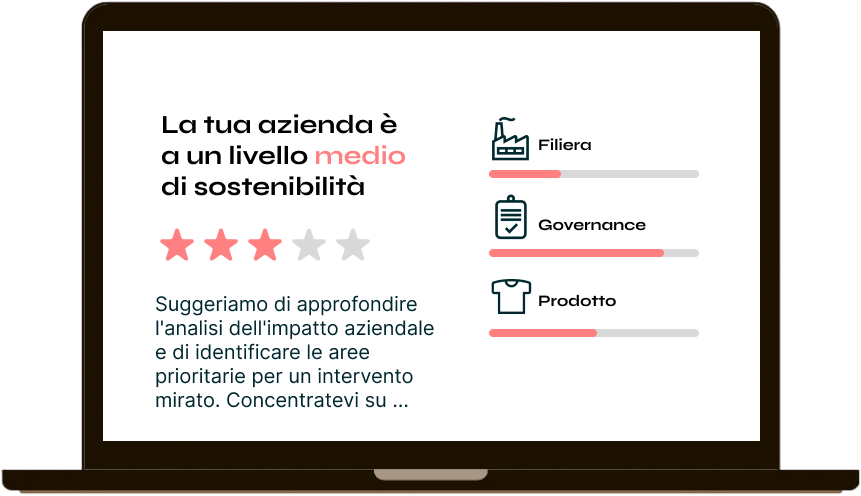Interview with Healthy Seas: Heroicity, Strong Community, and Synergy
Healthy Seas is a nonprofit organization that was founded in 2013 to combat the phenomenon of ghost fishing. In fact, it is estimated that 640000 tons of fishing nets end up in the oceans, each year, killing millions of animals. Interview with Healthy Seas: Heroicity, Strong Community and Synergy
Healthy Seas is a nonprofit organization that was founded in 2013 to combat the phenomenon of ghost fishing. In fact, it is estimated that 640000 tons of fishing nets end up in the oceans, each year, killing millions of animals.
Jenny Ioannou, Healthy Seas communications manager, tells how the initiative grew out of a team of divers in the Low Countries who, on their trips, kept finding wrecks covered with old nets scattered by fishing vessels.
In order to put an end to the issue at hand, Healthy Seas was born from the partnership of three founding entities.
The first is Ghost Diving, an international nonprofit organization of volunteer divers and a specialist in removing lost fishing gear from the seas since 2009. Aquafil, the second partner, is the leading producer of Nylon 6 in Italy and worldwide, and has implemented the innovative and revolutionary ECONYL® remanufacturing system, which produces Nylon 6 using pre- and post-consumer waste. Finally, Star Sock is the company that produces Healthy Seas branded socks, composed of ECONYL® yarn and GOTS-certified cotton.
Many people know how ECONYL® nylon has revolutionized the fashion industry because of its high-level performance (which is no match for the performance of virgin nylon) and the fact that it can be infinitely recycled, allowing unlimited possibilities for use by interior and fashion designers, creators, and consumers.
As for nets that are not made from nylon, but from other types of plastic, Jenny explains how these have been transformed into other objects such as, for example, key chains or bracelets. In the latter case, the partner company that enables upcycling for these types of plastics is Bracenet.
There are 85 Healthy Seas partner companies, from large companies (such as OVS, Hyundai, etc...) to many startups born with a passion for sustainability and the planet. Jenny invites companies to collaborate in order to expand the community, save the seas and raise more awareness of the devastating effects ghost nets have on the marine environment and biodiversity.
Protecting the seas becomes a necessity since the oceans cover 70 percent of the earth's land and provide more than 50 percent of the oxygen we breathe. In addition to the pollution problem, therefore, there is a need to protect what is the source of life for all living things on the planet.
Given the gravity of the situation and, therefore, the urgent need for people to change, Jenny tells us about the importance of prevention, a key word now in any discussion with sustainability at its core. Since the fishing net problem is due to an unintentional act (not least because, Jenny explains, no one would want to lose equipment from such high costs), prevention and education play a crucial role in solving the problem.
First, Healthy Seas works with fishermen, fish farms and local communities to prevent nets from ending up in the sea. In addition, through school training projects, the association wants to raise awareness of the environmental damage caused by ghost fishing nets, promoting the ecological and economic importance of clean seas.
In the case of our Mediterranean Sea, Jenny tells us, the species that are often found killed by ghost nets are whales and turtles, especially in southern Italy. Healthy Seas was able to enlist the help of partner Eolian Islands Preservation Fund to establish regular collaboration with dive groups in the Lipari and Vulcano Islands.
Conclusions
Healthy Seas, while helping the entire planet by cleaning up the seas of ghost nets, also allows many companies (such as, in our case, fashion companies) to use the nets themselves to create beauty and utility, avoiding the production of virgin material. We therefore feel obliged to thank them, with the hope that their voice may be louder and louder!
Get articles like this and the latest updates on sustainable fashion automatically!
